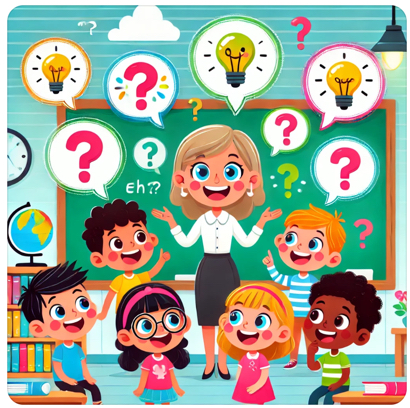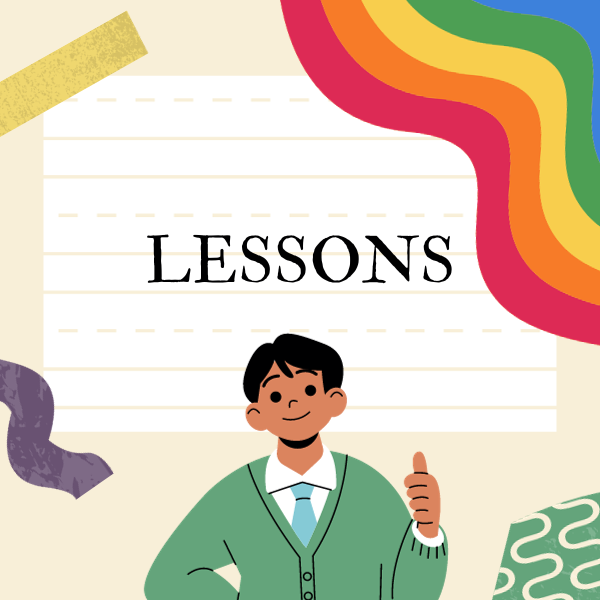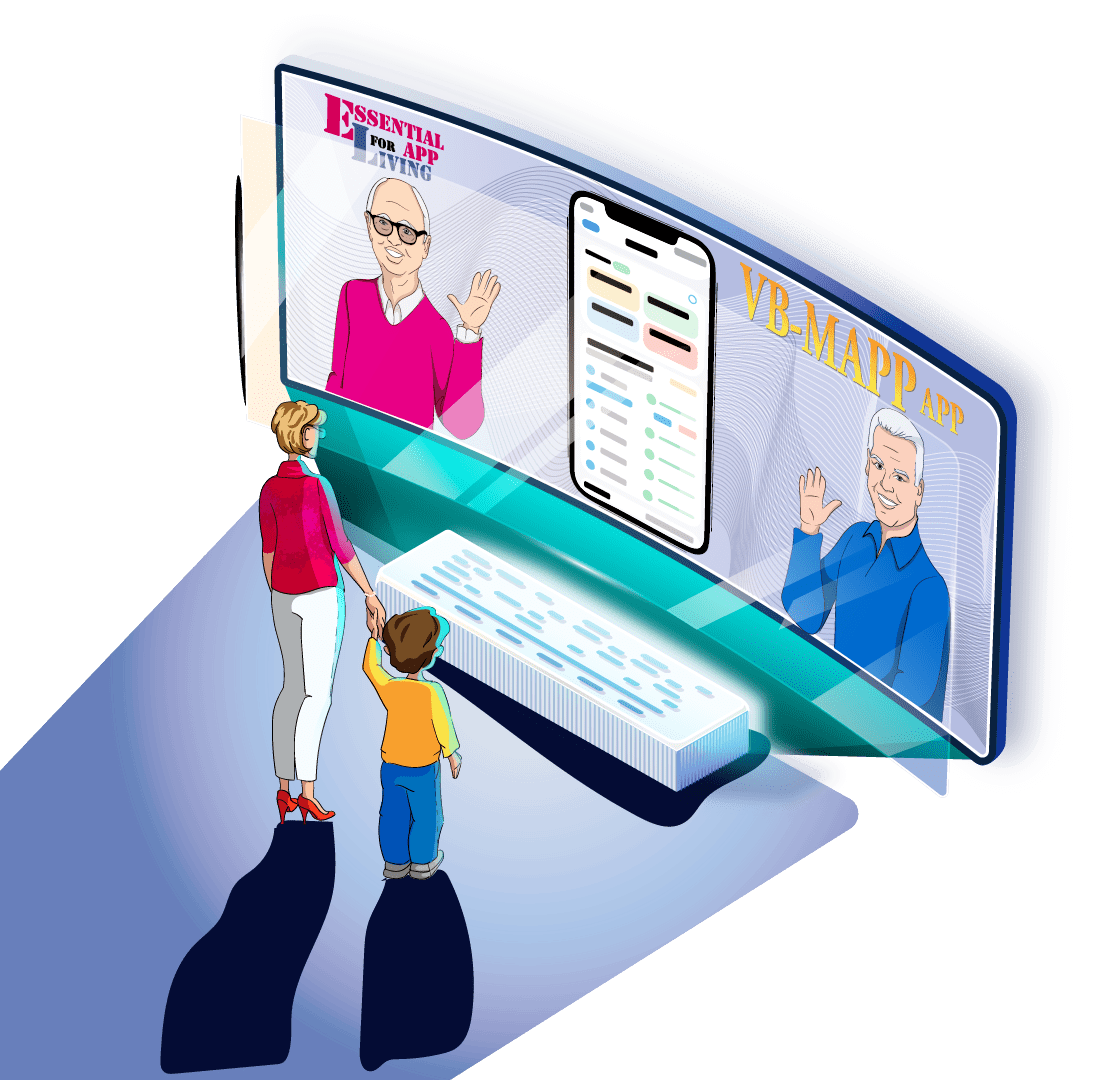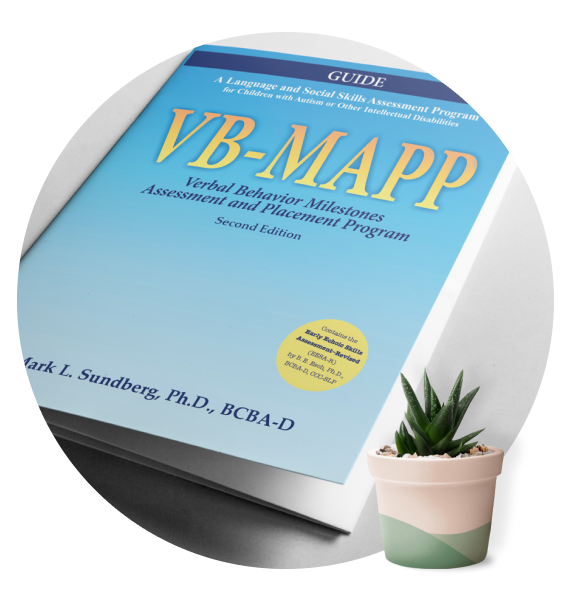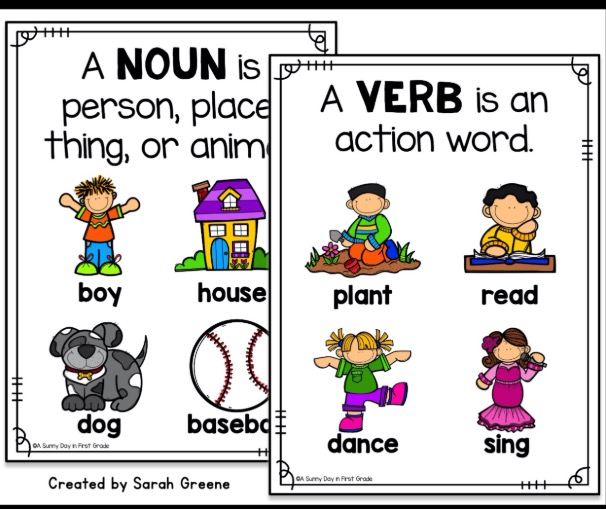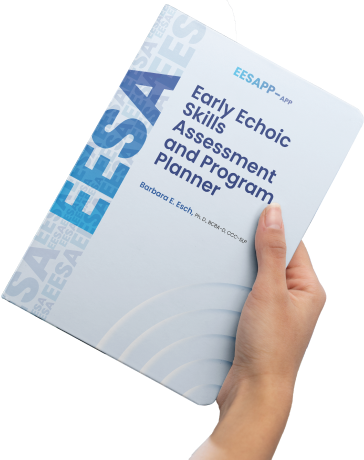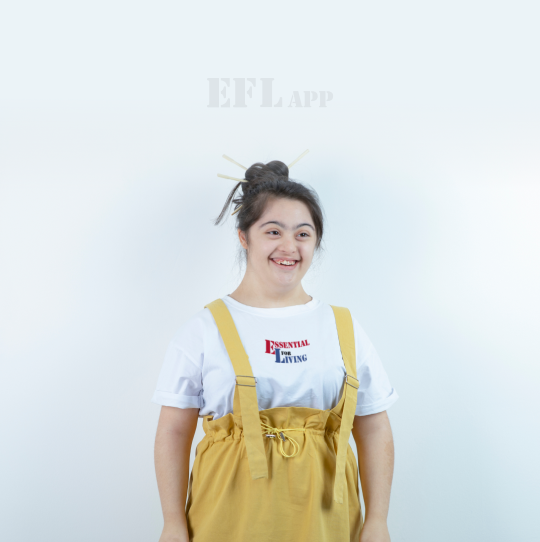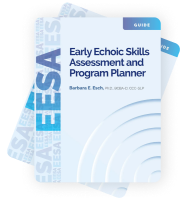When I used to program for learners, I focused on communication and either catching them up to their peers if they were VB-MAPP kiddos, or that all important communication and daily living skills/functional academics/tolerating if they were EFL kiddos. Not bad things to focus on, for sure! However, when our Sarah left school at 21 and I saw other young adults move out of the educational system, there was a sinking feeling that I may have forgotten to teach a very important skill.
I started to hear about young adults leaving school and suddenly having nothing to do…and you know what they say about “idle hands”….and you guessed it parents/caregivers were now faced with occupying their charges or keeping an eye on them at all times….pretty exhausting to say the least, and potentially dangerous if the parent/guardian let their guard down.
What did I forget to teach? Yes, leisure skills! We all have leisure time, that “free time….. time spent away from business, work, job hunting, domestic chores, and education, as well as necessary activities such as eating and sleeping” (Wikipedia definition), or if we use a definition from our behavioral science literature – “an experience [that] usually emphasizes dimensions of perceived freedom and choice”.
Leisure skills are so important that Dr McGreevy and Troy Fry have now coined the term “the necessary ninth”. In their assessment/curriculum, there are the “must-have skills” called the Essential 8 (those communication skills, and all things to do with health and safety), but in addition to those all important skills…there is a 9th…leisure skills. And let’s not forget the VB-MAPP has a whole skill area that involves developing “independent play”, in other words, leisure skills.
How do we teach leisure skills? Well, we can look at the literature. These skills can be taught using task analyses, prompting and fading, video modeling, chaining, and conditioning, amongst others. But choosing the skills to teach may be a more important question. The literature mentions using preference assessments, but these can only be done really with specific items, maybe not fun tasks (such as jewelry making etc) or maybe we can use those preference assessments. One thing to remember is that we want to try things that might be preferred…if the learner likes picking at things (thinking of Sarah here), maybe try the Cricut system and its “weeding” process, in order to make custom t-shirts, mugs and cards. This is a very specific example related to Sarah but you get the idea. Although we want to make sure the learner enjoys the leisure activity, it might be worth asking the family what their leisure activities are, while still focusing on activities the learner can do alone. It would be a good idea to see if the learner can join their family/caregiver in a group leisure time. Another consideration is that maybe the learner doesn’t have to do all of the activity, maybe they will just enjoy part of it…or maybe they will enjoy it when their favorite music is playing in the background.
At our house when I hear the Aristocrats music, I know that Sarah is making some yummy dessert for us. Baking was never an non-preferred task for Sarah but adding listening to music, and specifically “Everybody wants to be a Cat” and you have a thoroughly enjoyable leisure skill!







